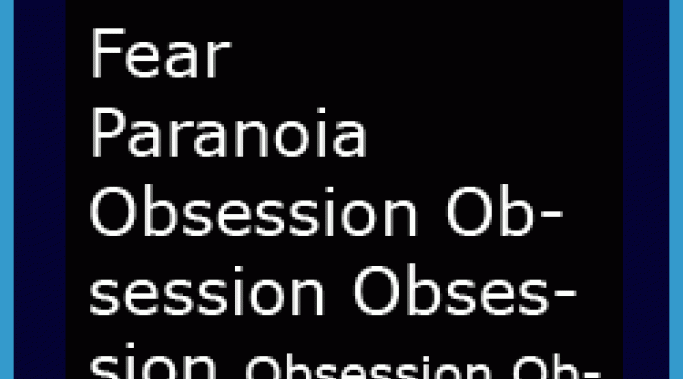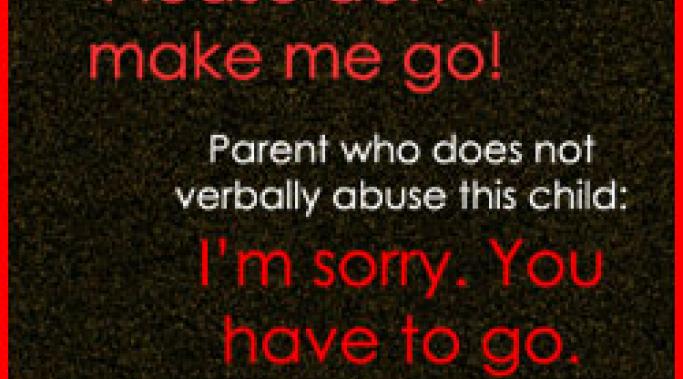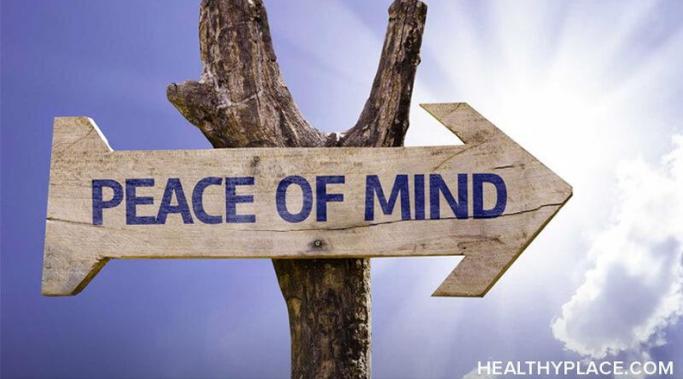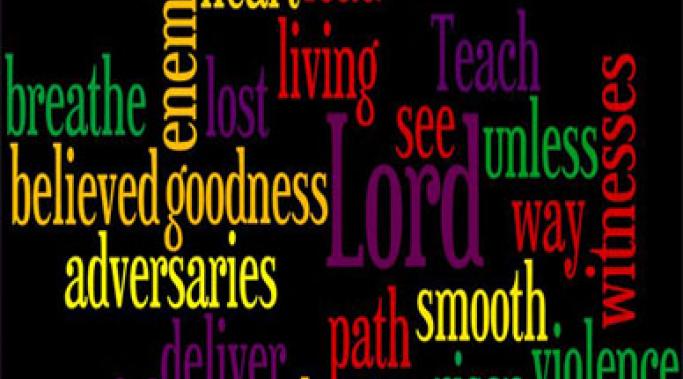So, you've spotted the signs of verbal abuse in your relationship and you want to end the verbal abuse. You know that blaming, shaming, threatening and name-calling does not equate to a happy or healthy partnership. You realize that maybe -- just maybe -- you deserve better. So how do you make it stop? Is ending verbal abuse possible?
Leaving Abuse
Escaping abusive relationships involves more than the escape plan, and you won't know the depth of your problems until you break free. But, as you plan your escape, it often feels as if getting out of the abuse will make everything better. And once you get out, you will have well-deserved stages of bliss - you will often feel much better! But at first, as often as you feel better, you will feel worse or confused or doubtful of your ability to create a life of your own. The aftermath of escaping abusive relationships is an emotional minefield that therapists won't warn you about. I can help you avoid some of those mines.
No formula for escaping abuse exists; every abuse victim's escape story differs slightly. However, the domestic violence escape plan for almost all abuse victims takes shape when he or she can no longer excuse or cope with the abusive behavior. Sometimes, the abuse victim attends therapy when hit with the realization that escaping abuse is the best option. When that realization comes, the victim/survivor tends to focus on the escape and gives very little thought to what he or she may feel after escaping abuse. And guess what? Your therapist isn't going to tell you the future. But I will.
What Role Does Verbal Abuse Play in Child Custody?
Verbal abuse and child custody remain mutually exclusive in today’s family court decisions. While verbal abuse breaks hearts and minds instead of bones (effects of verbal abuse), our family court system rarely considers verbal abuse when determining child custody. Unsettling as it is, family court may never consider verbal abuse and child custody needs concurrently for one reason: The First Amendment to the Constitution of the United States.
How do you live with abuse and learn to trust your intuition after distrusting yourself for so long? Why do you want to revive your intuition anyway? Here's the deal: your abuser wants you isolated from everyone and anything (such as your intuition) that could convince you to leave the relationship.
You've learned how to live with abuse your partner's way. It's time to live with abuse a new way.
In abusive relationships, the devil you know seems better than the devil you don't. We go back and forth over leaving our abusive mate, wobbling between fear of them and fear of the unknown. It's a tricky balancing act, especially when our partner seems to know just when to put on their nice mask. The sweet phases of an abusive relationship add to the confusion and indecision about just what kind of devil we know.
What kind of devil can be so sweet one minute and so nasty the next? And why can they act kind for long stretches and then turn back into monsters over meaningless situations or words? Why do they hurt us? Why do we stay? Will this relationship hurt the children? Can this relationship last? Should I stay to see if it gets better? Should I run and not look back?
Unfortunately, I am incapable of giving you those answers. And honestly, the longer you take contemplating what those answers could be, the longer you'll be stuck with the devil you know.
So many people beat themselves up over the question "Why can't I just leave?" You want the easy answer? You aren't ready to leave yet.
You
haven't been convinced that the abuse warrants you leaving, or
you lack financial resources, or
you're in business with your abuser, or
the kids are too small, or
the kids are almost out of school, or
the abuser needs you, or
fill in your reason here.
Notice I said fill in your reason here. These are not excuses. The reasons you stay may sound like excuses to someone else, but don't let anyone belittle your decision to stay. I really want to end that sentence with "to stay for now" but truth is that you may never leave. You could be 70 years old and wondering how your spouse is managing to exceed life expectancy, them being so miserable and nasty and all (lots of people are doing this right now).
I want you to be okay with choosing to stay, because making decisions is empowering. Staying is a choice you can make.
During my recovery since leaving domestic abuse and violence, there have been many ups and downs. Life can be quite confusing when you use your intuition instead of relying on someone else to tell you what to do! So, I'd like to share some of the revelations and problems I've encountered since leaving domestic abuse and my abusive husband.
So often, people ask me the question "Am I imagining the abuse? Is it just in my head or is there a problem with my marriage?" Sure, sometimes problems are just in our heads, and we might also make mountains out of molehills. I suppose you could be imagining problems where there are none, and you could be imagining abuse. But if outside of your relationship your judgment seems sane, then I really doubt you are imagining the abuse. More likely, the effects of abuse are messing with you.
Recently I had the opportunity to converse with a woman, Cathy, who lives with an abusive man. She didn't know exactly where to start her story, but I noticed that "psalm27" was part of her email address.
I am familiar with the prayer because it gave me comfort during my days of living with an abusive man. Initially, Psalm 27 seemed to tell me to stay on track, that God sent trials my way for a reason. I came to understand it differently, and I'd like to share with you the email I sent to Cathy (with her permission of course, and with a few edits for clarity).
I don't usually delve into religion or my lack of religion on this blog. I do not pretend to be a biblical scholar. However, God (by whatever name) and I are tight. I listen to The Voice - but sometimes my human mind doesn't want to hear the real message at first.









